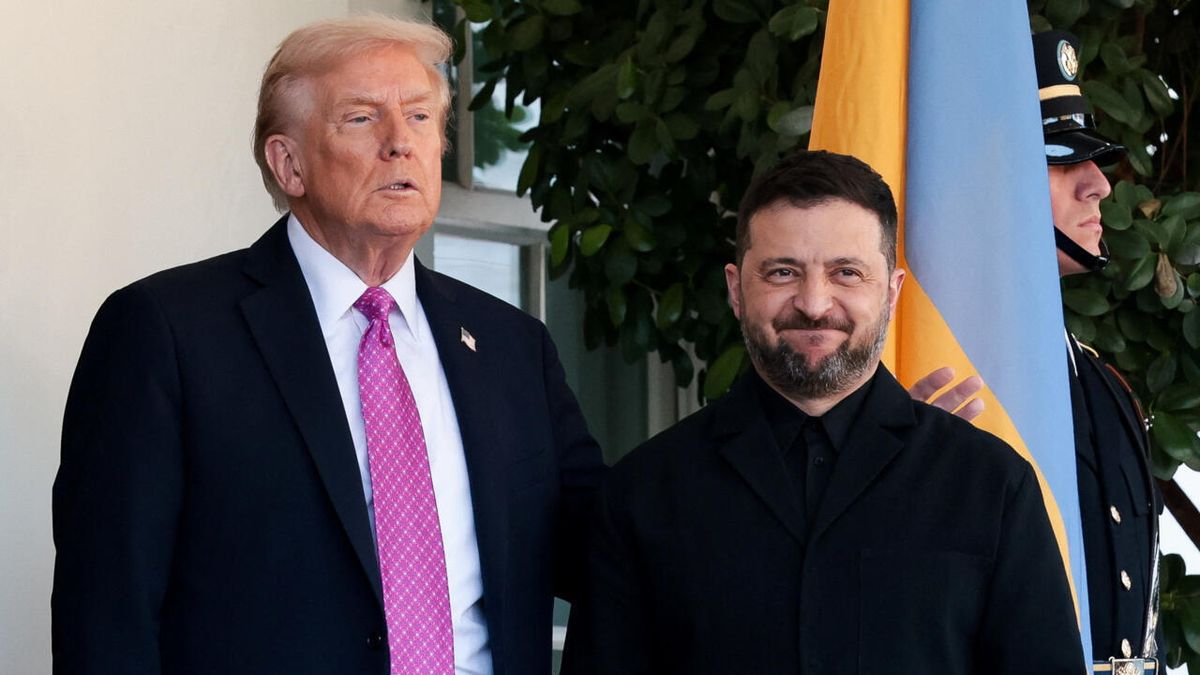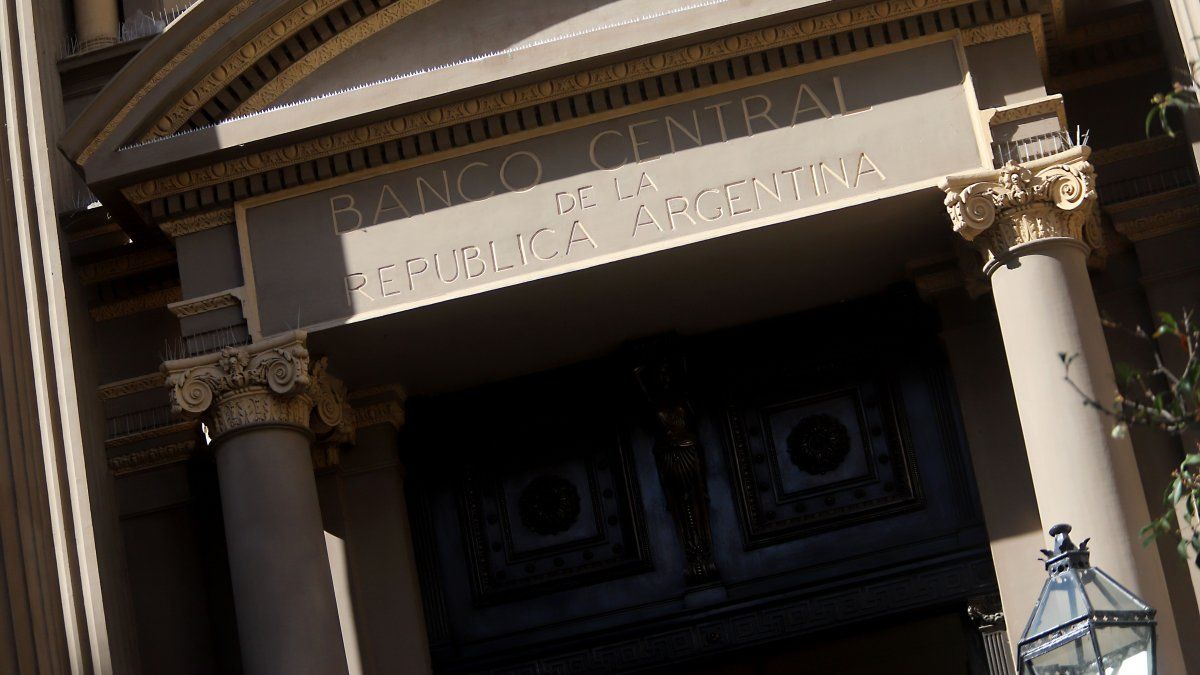The era of negative interest rates is coming to an end. Now the banks are once again granting interest on fixed-term deposits. How much is currently available for savers – and why they should perhaps wait.
If the high inflation rates have a positive side, it is that savers can again count on traditional interest income. Because after years of zero and even negative interest rates, a major interest rate turnaround is taking place on the market. To fight inflation, the European Central Bank must end its easy money policy and raise interest rates. And that’s starting to show in what banks are offering.
Numerous financial institutions have significantly increased the savings interest on fixed-term deposit offers in the past few weeks, as a look at the interest rate comparison portals shows. For example, the Swedish financial services provider Klarna has just raised the interest rate on savings for a period of six months from 0.25 percent to 0.75 percent per annum. If you choose a two-year term, Klarna now receives 1.6 percent instead of the previous 1.48 percent, and with a three-year term it is no longer 1.4 but 1.65 percent per year. The French bank Renault offers 1.2 percent (previously 0.75) for two years and 1.4 percent (previously 1.0 percent) for three years.
Inflation is significantly higher
According to the financial portal Biallo, the two institutes are currently among the most attractive providers and the jumps in interest rates are considerable. However, the figures also show that the interest on savings on secure time deposit offers is far from sufficient to compensate for the depreciation of money caused by the current inflation rates. In June, the inflation rate compared to the previous year was 7.6 percent in Germany and even 8.6 percent in the entire euro area.
A little more fixed deposit interest can be obtained if you use providers from countries with a slightly weaker credit rating, as shown by the interest rate comparison at the FMH finance portal. Anyone who can live with Lithuania’s statutory deposit insurance can get 1.75 percent interest per year with the provider Payray with a two-year fixed deposit and 1.95 percent per year with a three-year fixed deposit.
If it should definitely be a provider that is subject to Germany’s statutory deposit insurance, Pbb Direkt currently performs best. It offers 1.25 percent interest per year for two-year fixed deposits and 1.5 percent for three-year fixed deposits. The offers of Creditplus – also Germany – are only slightly behind (see table).
Even call money is once again offering positive returns, albeit modest ones. According to FMH, the highest overnight interest rate is currently at the Estonian big bank with 0.35 percent interest per year.
Table: fixed-term deposit offers from selected providers (interest per year in %)
|
Offerer |
Statutory deposit insurance |
1 year |
2 years |
3 years |
|
Payray |
Lithuania (high security) |
1.4 |
1.75 |
1.95 |
|
Klarna |
Sweden (highest security) |
1.3 |
1.6 |
1.65 |
|
Renault bank |
France (very high security) |
0.8 |
1.2 |
1.4 |
|
Pbb Direct |
Germany (highest security) |
0.75 |
1.25 |
1.5 |
|
creditplus |
Germany (highest security) |
0.7 |
1.2 |
1.2 |
Sources: FMH, Biallo, own research
Interest rates are likely to rise further
If you invest your savings with a fixed interest rate, you end up with a little more than if the money was just sitting around in your checking account. Calculated against inflation, you still lose money with fixed deposits. But you can’t slip into the red, as is happening to many equity investors right now – and a total loss is almost impossible, since the statutory deposit insurance compensates up to 100,000 euros per customer even if the bank goes bankrupt.
Fixed-term deposits are suitable for safely storing savings for a certain period of time and mitigating the real loss somewhat. If you want to achieve a solid return over the long term – over ten years and more – you are better off with a stock ETF, for example on the MSCI World. Anyone who is already invested in stocks and does not need to access the money in the short term should simply stay invested until prices go up again and not frantically transfer everything to fixed-term deposits now.
You don’t have to grab a fixed deposit as quickly as possible like a fleeting bargain anyway. Because we are probably only at the beginning of the big turnaround in interest rates. Most experts suspect that inflation will remain high for a long time. And that the ECB’s announcement of a first rate hike in July will be followed by others. Which in turn should have a positive impact on bank conditions. Investing all of your money now for three years is probably not the smartest decision.
You can find an overview of current fixed-term deposit offers at or . The .
Source: Stern
Jane Stock is a technology author, who has written for 24 Hours World. She writes about the latest in technology news and trends, and is always on the lookout for new and innovative ways to improve his audience’s experience.




